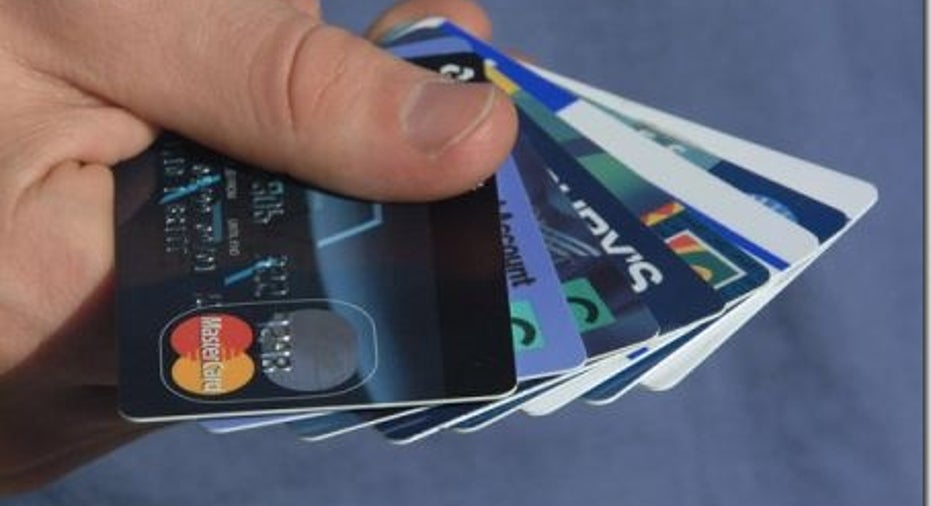How are Extra Credit Card Payments Applied?

Dear Credit Card Adviser,
Is it true that if you make two credit card payments in a month, only the first one can be used toward the interest payment? And, if so, who do you report it to if the credit card company is not doing this?
-Linda
Dear Linda,
That's almost right. The Credit Card Accountability, Responsibility and Disclosure Act of 2009 made significant changes to how issuers can apply credit card payments to the consumer's advantage.
Any excess amount beyond the minimum payment must be applied to the balance with the highest interest rate. Before, credit card companies would apply any amount past the minimum payment to the balance with the lowest interest rate. That way, they could make more money off of interest from you.
The balance includes the principal (how much you charged, took out as a cash advance or transferred to the card) and the interest accrued that month based on the principal and any fees. You cannot pay just the interest, and typically issuers don't allow you to pay ahead on credit cards like they do with installment loans.
So, how do you have more than one interest rate on the same credit card? This happens when one credit card has different annual percentage rates, or APRs, for different types of transactions, such as new purchases, balance transfers and cash advances. Here’s an example:
Hypothetical credit card balance
Cash advance balance: $500 with a 20% rate Balance transfer balance: $200 with a 17% rate New purchase balance: $300 with a 15% rate Total credit card balance: $1,000
Any payment amount left over after the minimum payment is applied must go toward the $500 balance from the cash advance because it has the highest interest rate. Once that's paid off, any excess payment will go to the $200 balance because it carries the next highest rate, even though it's a smaller balance.
The minimum payment itself typically goes to the balance with the lowest interest rate, because issuers want to make as much money off of the higher interest rates as possible. Check the fine print for an explanation of how your specific issuer applies minimum payments.
You can't pay off only future interest on a revolving account, since interest charges are calculated anew.
There is one exception to the CARD Act's excess payment rule: If you buy something under a delayed interest plan -- such as "no interest if paid in full in six months" offer -- then you can choose to apply your excess payment to that balance instead of the balance with the highest interest rate, so you can take advantage of the deferred interest.
Otherwise, the credit card company is required to apply the two payments before the delayed interest period ends to the delayed interest balance, in their entirety.
If you think your credit card company is not applying your credit card payments correctly, contact them first to log your complaint. If the issuer does not change their payment practice, you can file a complaint with the Consumer Financial Protection Bureau online.
The bureau, charged with safeguarding consumers when it comes to financial products, will act as a mediator for your complaint. It will forward your complaint to the card-issuing bank and monitor how long it takes for the bank to resolve the issue. Good luck!
Get more news, money-saving tips and expert advice by signing up for a free Bankrate newsletter.
Ask the adviser
To ask a question of the Credit Card Adviser, go to the "Ask the Experts" page and select "Credit Cards." Read more columns by the Credit Card Adviser. Follow Janna Herron on Twitter.
Bankrate's content, including the guidance of its advice-and-expert columns and this website, is intended only to assist you with financial decisions. The content is broad in scope and does not consider your personal financial situation. Bankrate recommends that you seek the advice of advisers who are fully aware of your individual circumstances before making any final decisions or implementing any financial strategy. Please remember that your use of this website is governed by Bankrate's Terms of Use.



















